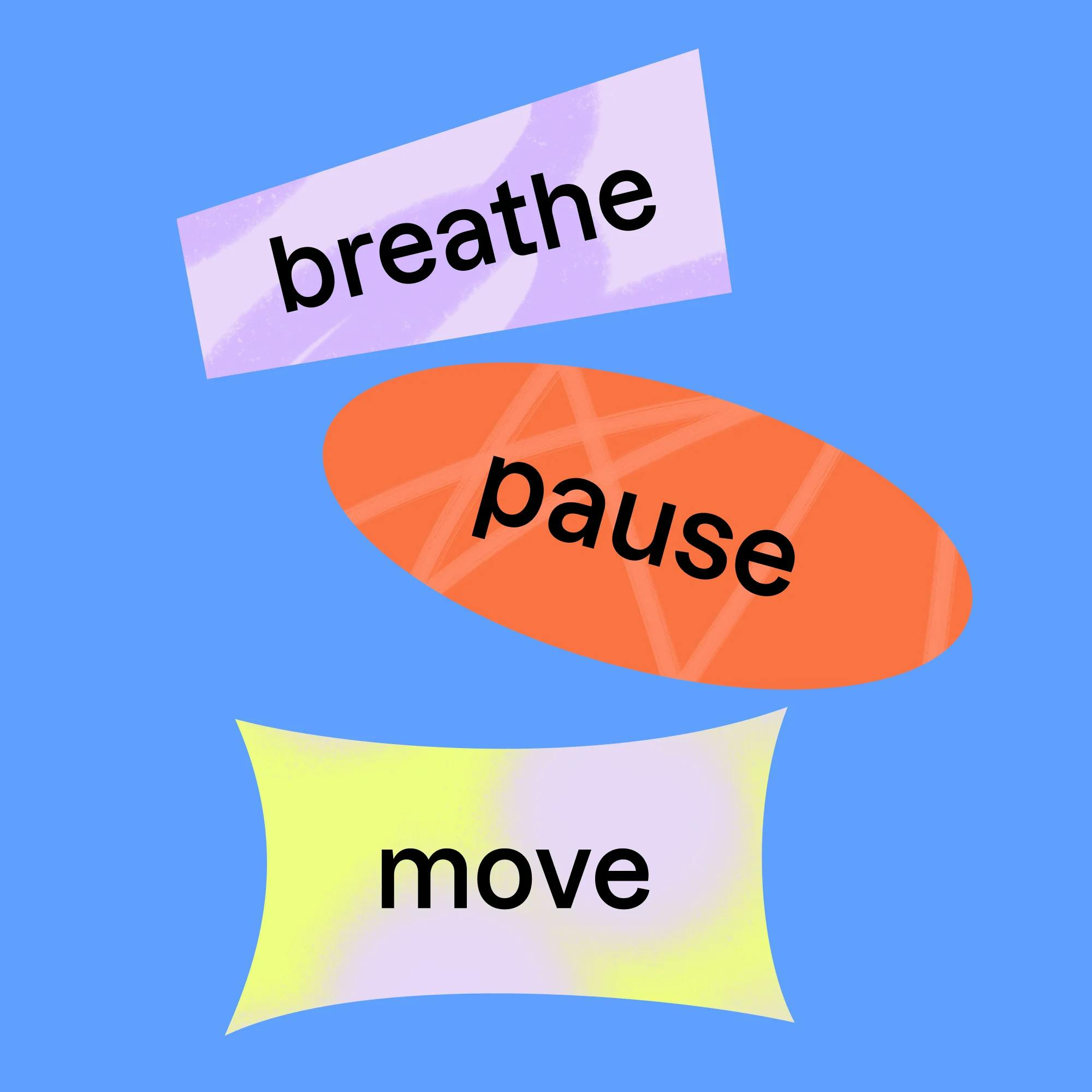“If I stutter, what will they think of me?”
“When I stutter, people think I can’t come up with the words to say.”
“Sometimes, I open my mouth to speak, and the words just won’t come out. People will either try to finish my sentences or just walk away.”
As a speech-language pathologist, I know firsthand that stuttering is a misunderstood condition. And the prejudice that comes with it can have a real impact. Many of my clients have been taught to avoid stuttering at all costs. They may steer clear of certain social situations, not order what they want at a restaurant, or avoid an entire career because it requires a high amount of verbal communication. These are just a few examples of how stuttering can affect a person’s life.
The good news? Awareness and understanding can make a big difference. Read on to learn the truth behind some common misconceptions about stuttering, also known as stammering. You’ll also learn how listeners and communication partners can provide a safe and affirming space for people who stutter.


Common myths–and the facts–about stuttering
People who stutter matter. A person who stutters is an entire human being, with a voice and ideas to share. But stereotypes and false beliefs continue to exist, and they contribute to the stigma around stuttering. It’s important to learn the truth about stuttering in order to reduce discrimination and prejudice against people who stutter.
Myth #1: People who stutter are less intelligent.
This is simply not true. There is no connection between stuttering and intelligence. In fact, people who stutter often have a higher level of social-emotional intelligence because of the life-changing experiences their stutter brings them.
Myth #2: People who stutter can’t have successful careers.
This is a limiting belief that comes from society. People who stutter can pursue any career they dream of and find great success. The stuttering community is filled with scientists, researchers, performers, comedians, doctors, speech therapists, teachers, and many more!
Click here for just a small sampling of famous and accomplished people who stutter.


Myth #3: If I stutter, I am alone.
You are far from alone. Did you know that 70 million people worldwide stutter? That’s 1 in 100 people. Reach out and connect with others who understand your experiences. Chances are, there’s a local stuttering community in your area. Try these:
National Stuttering Association The Stuttering Foundation FRIENDS: The National Association of Young People Who Stutter SAY: The Stuttering Association for the Young
Myth #4: Stuttering is caused by feeling nervous or anxious.
Stress, fear, and anxiety can definitely cause tension and worsen disfluencies, or interruptions in the regular flow of speech. The anticipation of stuttering may also make someone feel nervous. However, anxiety and fear are not the sole cause of stuttering.
We know that stuttering is caused by a combination of factors related to development, language acquisition, environment, and brain structure and function. One finding is that there is a delayed auditory feedback (or increased time between auditory perception and speech) in people who stutter. There is also a genetic component to stuttering. This review of 28 studies stated that between 30% and 60% of people who stutter had a known family history of stuttering.
Developmental stuttering usually begins between the ages of 2 and 6. Stuttering can also be acquired as an adult. In that case, it’s most often a result of a brain injury, stroke, or psychological trauma.
Myth #5: People who stutter should just speak more slowly.
It’s not helpful to tell a person who stutters to simply “slow down.” This will often make them feel more self-conscious, leading to more tension associated with speaking. Oftentimes, disfluencies are not within a person’s control. It’s best to wait patiently, be an active listener, and allow the person time and space to speak.
Myth #6: People who stutter should seek a cure.
Did you know that everybody stutters? Stuttering is simply a disruption in the flow of speech. Some people may have more disfluencies, or longer pauses in their speech. Some may have increased tension while speaking. There is nothing wrong with stuttering. The decision to seek speech therapy is completely up to the individual.
How to talk with someone who stutters
Follow these tips to support someone who stutters when you’re in conversation:
1 Be an active listener
Communicate to the speaker that you are listening fully. You can use eye contact, body language, head nods, and gestures. Be present and mindful in the interaction, just as you would with anyone you’re speaking to.
2 Be patient
It may take someone a bit longer to say what they need to say. Even if you’re in a rush, what they have to say matters.
3 Don’t interrupt
Many people think that finishing a person’s sentence is helpful. However, this can undermine the person and make them feel like their voice doesn’t matter. They’re able to speak on their own; they just may need more time.
Support for people who stutter
Speech therapy can build your confidence and help you speak more freely. Find the right speech therapist for the support you need.
 Get started
Get started4 Don’t offer advice
Avoid telling a person who stutters to “slow down,” “take a breath,” or “start over.” This advice can feel patronizing.
5 Be extra patient when speaking on the phone
For many people who stutter, speaking on the telephone is even more challenging.
6 Just be yourself!
People who stutter are just like everybody else. We all want respect, compassion, human connection, and fulfilling social interactions.
Is the goal of speech therapy to “fix” a stutter?
As a society, it’s our duty to change our beliefs about stuttering. We can think about stuttering in terms of verbal diversity–different people have different ways of speaking–and not simply as a condition that needs to be fixed.
While speech therapy can be life-changing for many people who stutter, it’s important to know that not every person who stutters wants to reduce their disfluencies. There is a critical need for holistic intervention for people who stutter, supporting each person’s individual experiences of communication. The goals and treatment plan must be led by the person who stutters.
Speech therapy can help both children and adults find their voice in different ways, providing:
Fluency techniques to increase ease of speech
Techniques to reduce tension while speaking
Counseling on thoughts, emotions, and beliefs about stuttering
Confidence-building so that you can advocate for yourself in all sorts of situations as a person who stutters
Ada's story
After sudden stuttering took over Ada's speech, online speech therapy helped her regain her confidence and say what she wanted to say.
 Read Ada's story
Read Ada's story“What has stuttering taught you?”
This is a question I love to ask my clients. Here are some of the answers I’ve received:
“Resilience.”
“Compassion.”
“Empathy.”
“Social-emotional intelligence.”
“Mindful awareness.”
“Radical acceptance.”
“Confidence.”
“Self-love.”
“Self-acceptance.”
“Strong communication skills.”
“It has taught me to truly listen.”
“It has taught me that the people who truly care about me, they will hear what I have to say.”
Couldn’t we all use more self-love, acceptance, empathy, mindfulness, and social intelligence in this world? Let’s embrace people who stutter and celebrate their voices, every day.
How Expressable Can Help
Concerned your child isn't reaching age-expected milestones? Looking for communication support from a professional? Expressable is a national online speech therapy practice serving children and adults. We treat all major areas of communication and feeding, offer flexible hours including evenings and weekends, and accept most major health insurance plans. We’re proud to have earned more than 3,000 5-star reviews from our clients (4.9/5 average).
Our therapy model is centered on parent and caregiver involvement. Research proves that empowering caregivers to participate in their loved one’s therapy leads to better outcomes. That’s why we combine live, 1-on-1 speech therapy with personalized education and home practice activities for faster progress.
Communication is more than words. It’s how we share how we feel and show who we are. We’re here to help you or your child do just that.















